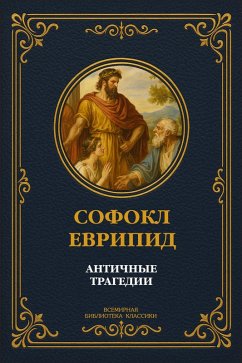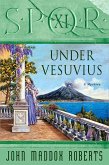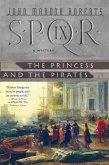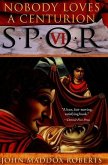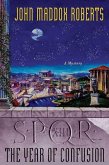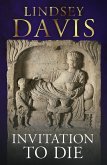Ancient tragedy emerged from the cult of Dionysus but quickly became the intellectual center of Athens. It fused myth with politics, religion with philosophy, and the stage became a place where the city debated itself. Under the open sky, on the slope of the Acropolis, past and present, gods and citizens, law and conscience met. This collection includes tragedies by two of the greatest authors of the classical era-Sophocles and Euripides. Sophocles, a poet of the mature fifth century BCE, embodies harmony, moral proportion, and clarity of form. His "Antigone" and "Electra" explore the boundaries between duty to the state and obligation to one's family, between justice and mercy. Euripides, a writer of a time of decay and doubt, brings to the stage the inner world of man, his passions, pain, and loneliness. In "Medea," "Hippolytus," "The Bacchae," and "Iphigenia at Aulis," he reveals the clash of freedom and fate, reason and madness, love and destruction. Ancient tragedy is not a monument, but the living fabric of human experience. It speaks to the fact that law and faith, family and city, love and power are not abstract concepts, but daily trials through which man seeks his place in the world. This book is an invitation to see the ancient theater as a mirror reflecting man himself: his conscience, his choices, and his tragic beauty.
Dieser Download kann aus rechtlichen Gründen nur mit Rechnungsadresse in A, B, BG, CY, CZ, D, DK, EW, E, FIN, F, GR, H, IRL, I, LT, L, LR, M, NL, PL, P, R, S, SLO, SK ausgeliefert werden.

